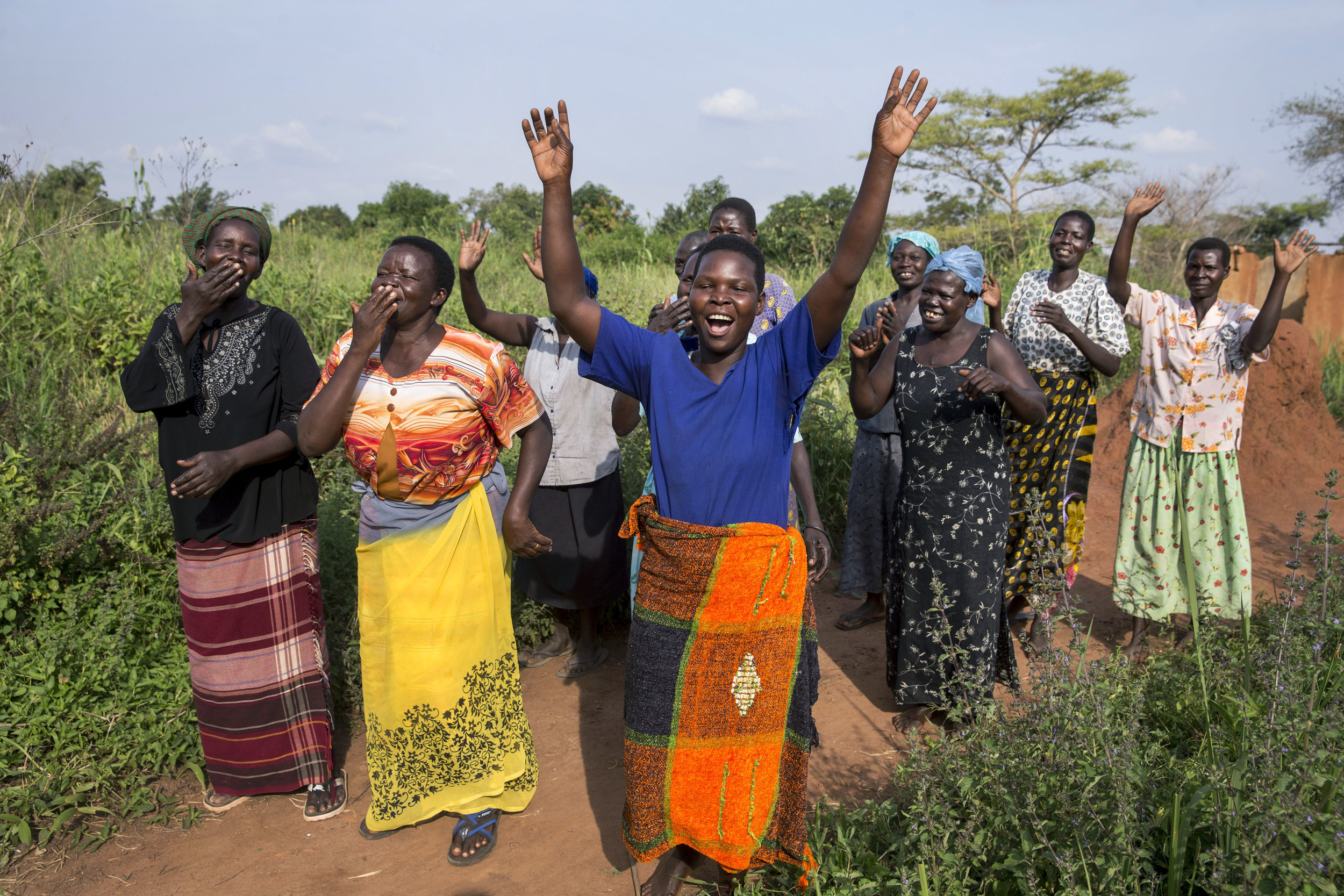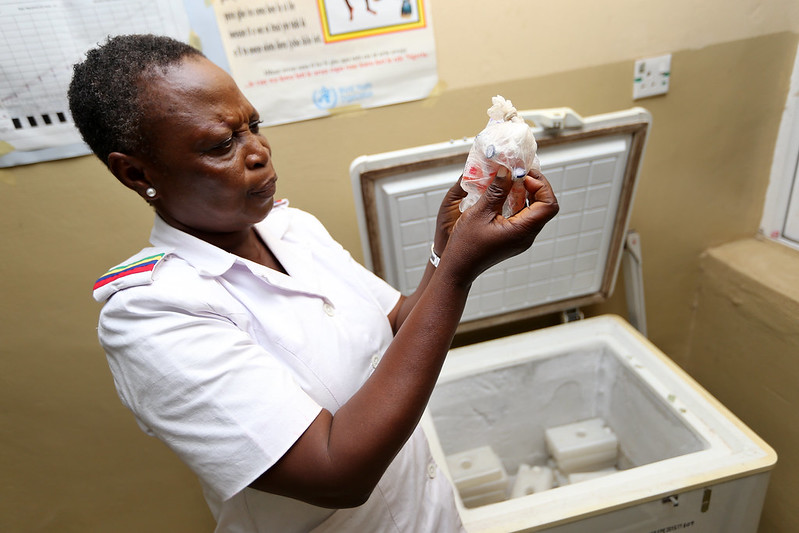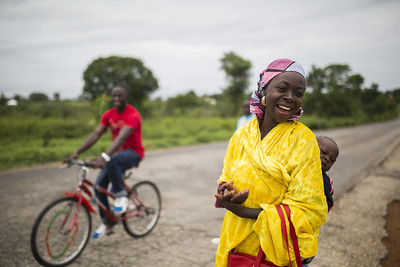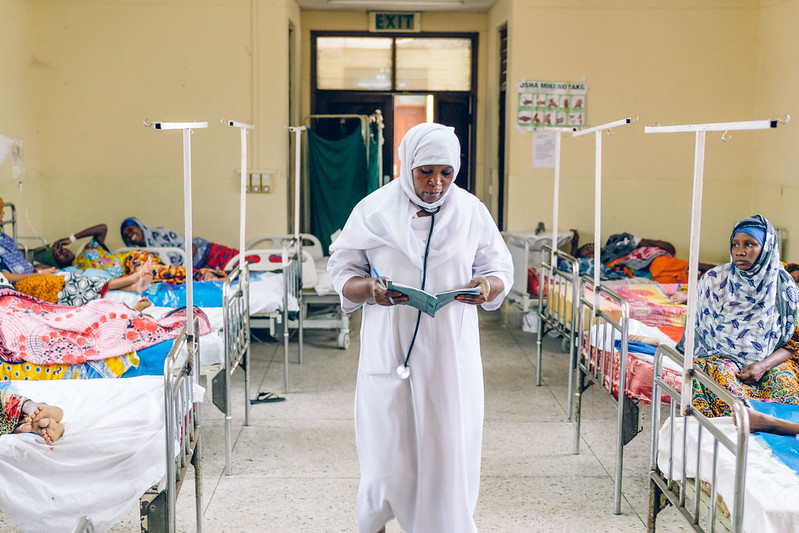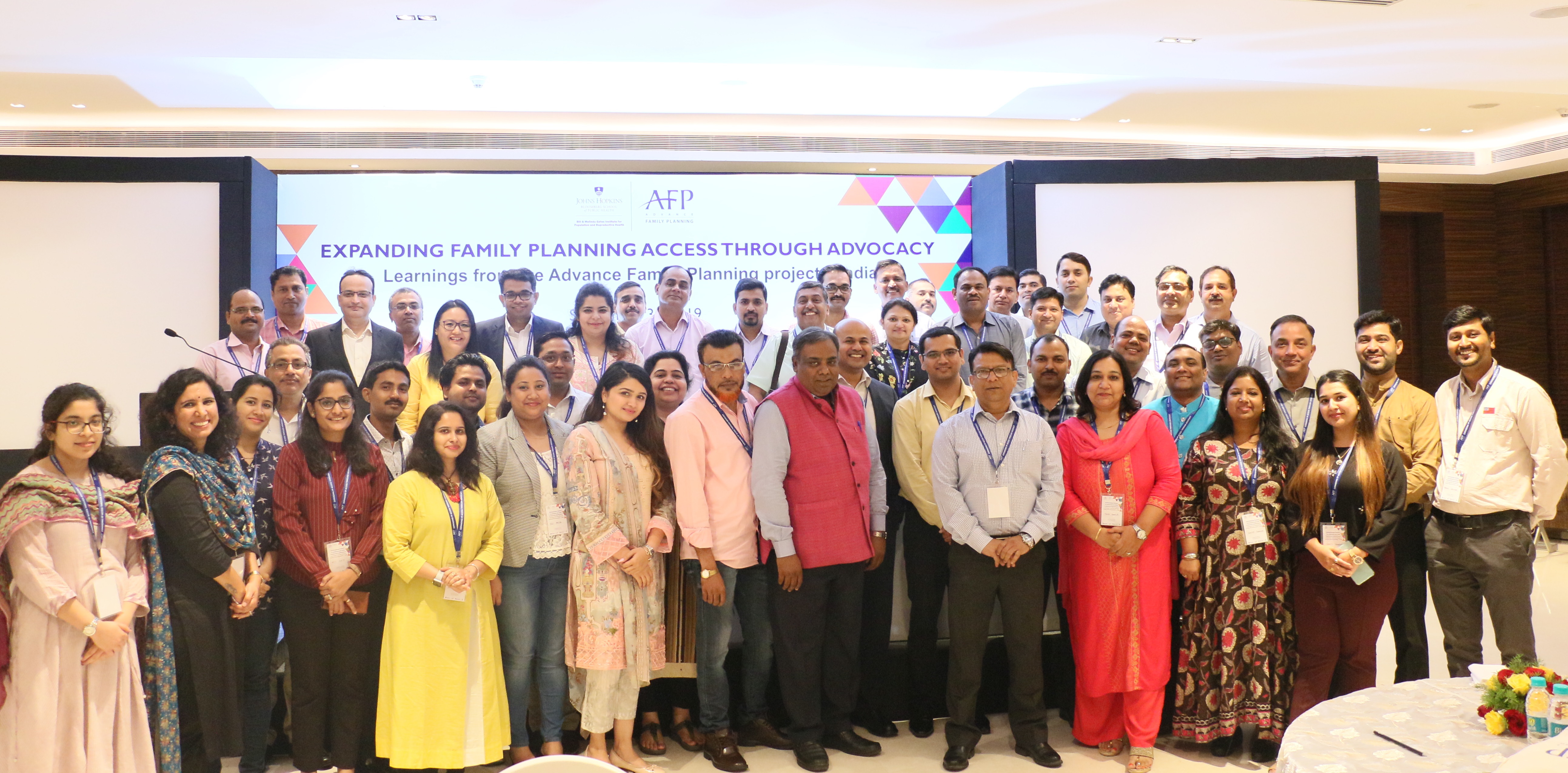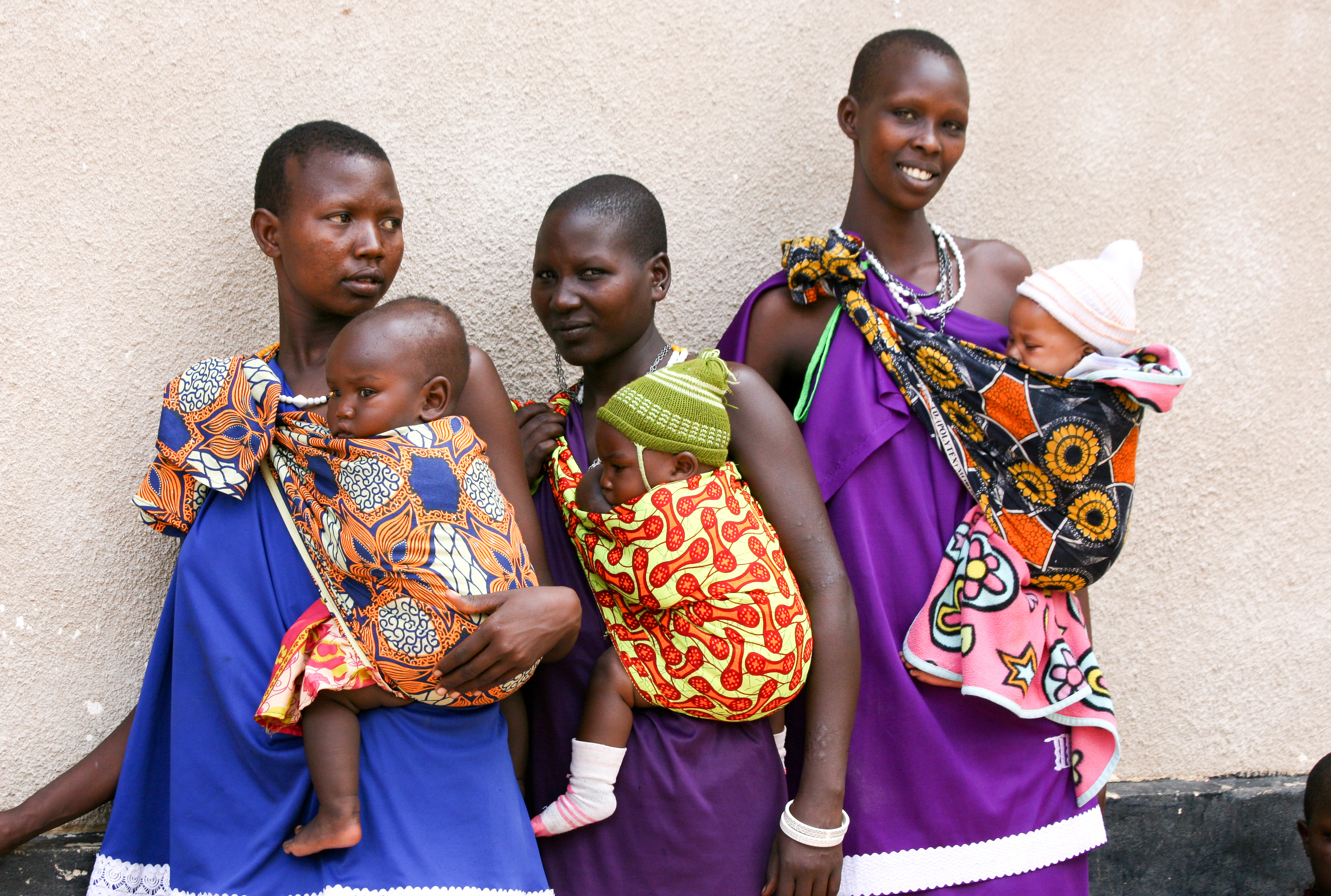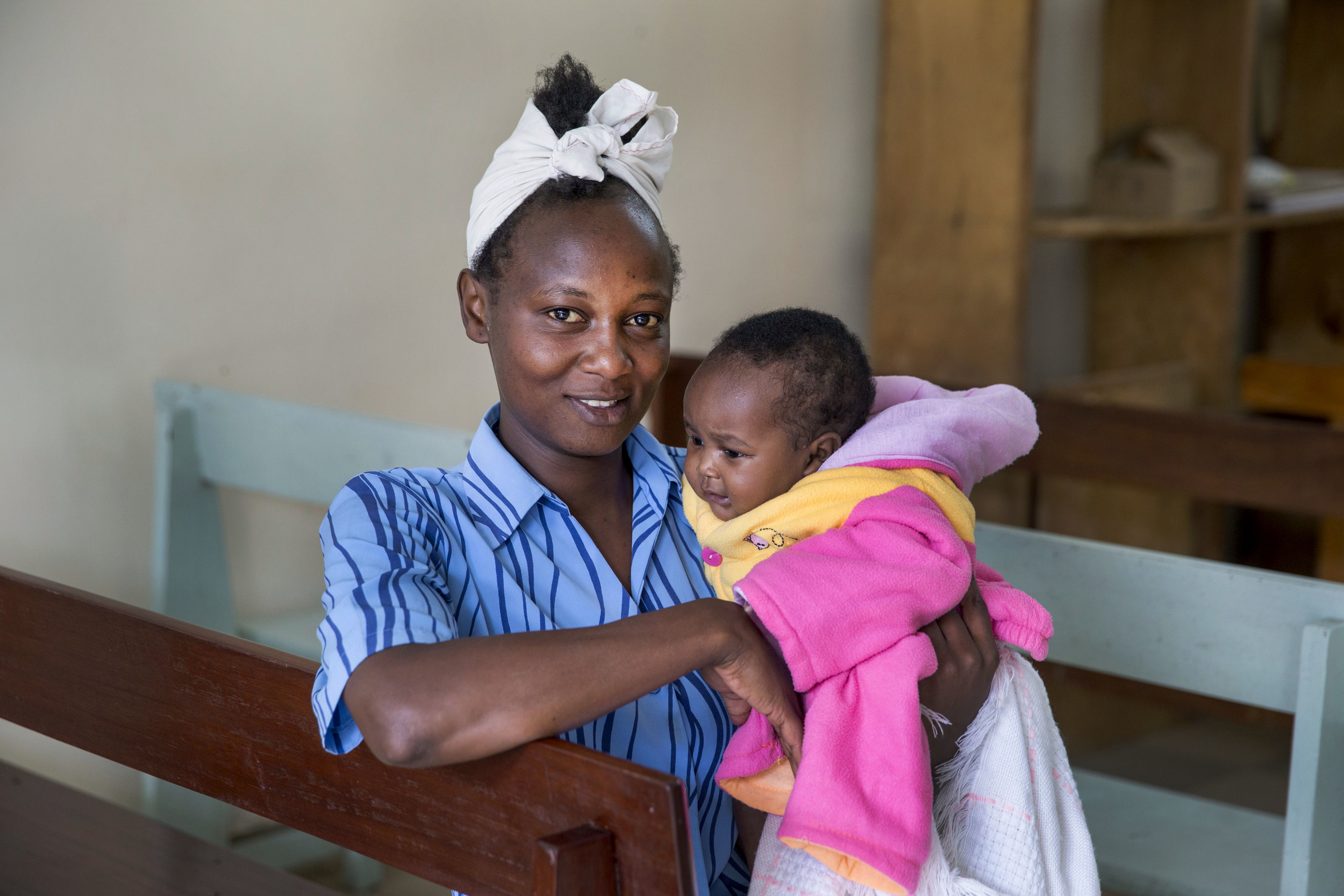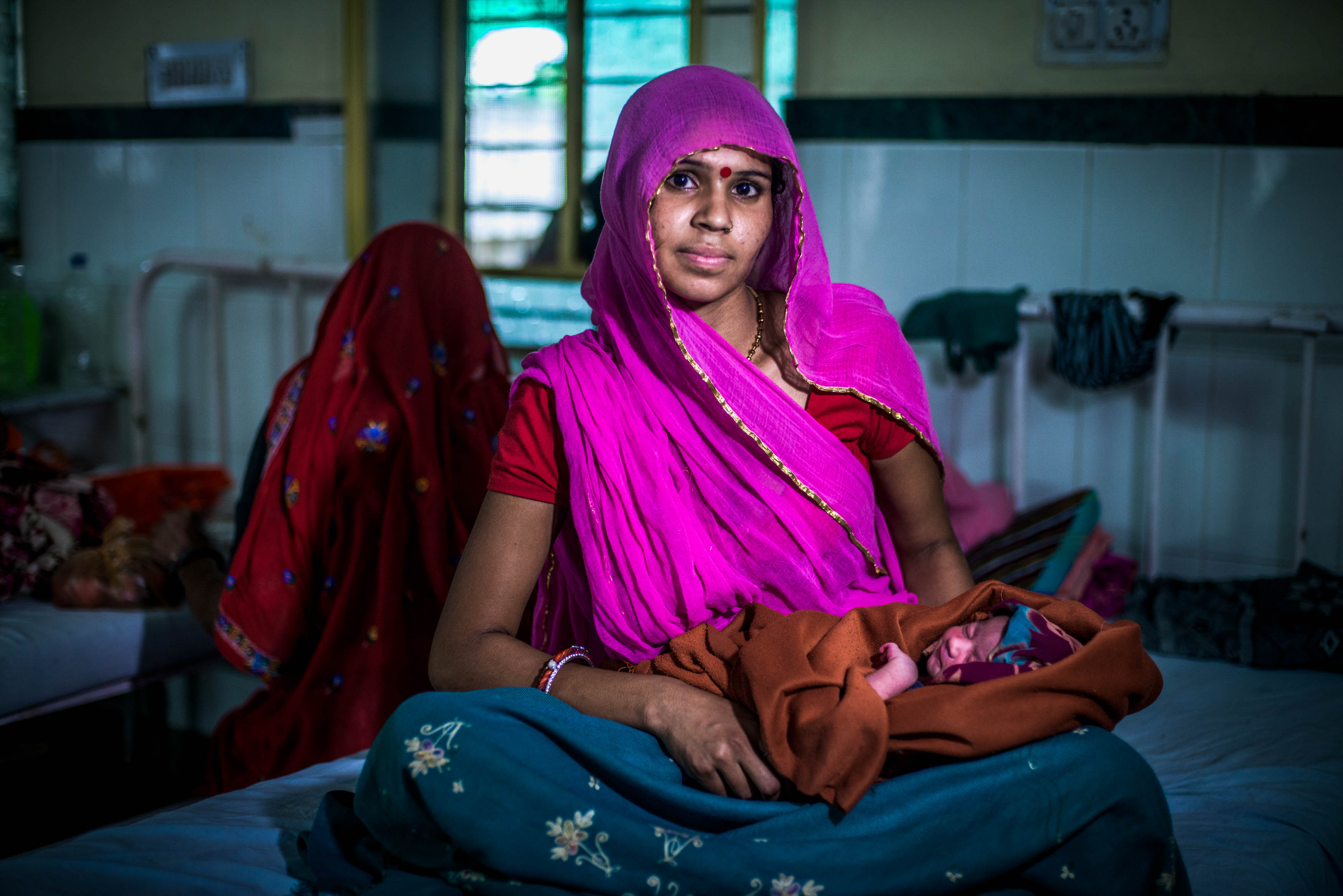View the latest family planning advocacy news from our partners.
On April 29, 2019, the Mbale district resident district commissioner (RDC) issued a directive requiring all district media houses to allocate part of government airtime for health issues, including family planning. This directive is an important advocacy win; it will allow the district working group to leverage existing government resources to disseminate family planning messages—without having to secure additional funding.
In June 2019, the Chairman of Badagry Local Government Area (LGA) in Lagos State approved the monthly release of 10,000 Naira (NGN) (US $28) from the LGA health budget for family planning. Local media coverage of family planning needs prompted the Badagry LGA Chairman to act on an earlier pledge to release the stipend, which will purchase consumables such as cotton wool, disinfectants, gloves, and gauze.
Cross River State and Lagos State in Nigeria allocated 362 million Nigerian Naira (NGN) (US $999,000) to family planning for the 2019 financial year. Advance Family Planning (AFP) partner Pathfinder Nigeria led the advocacy process in collaboration with local advocacy working groups (AWGs) to build a compelling case for investment.
The Zanzibar Ministry of Health (MoH) approved an annual action plan in June 2019 to increase access to long-acting and permanent contraceptive methods (LAPMs) in nine hospitals on Unguja and Pemba islands. The plan aims to accelerate family planning uptake in support of the implementation of Zanzibar’s Costed Implementation Plan 2017-2022. Prior to this advocacy win, six of the nine hospitals did not offer LAPMs as part of their routine family planning services.
On September 30, 2019, government officials from Assam, Bihar, Jharkhand, Maharashtra, Rajasthan and Uttar Pradesh committed to expanding access to quality family planning by sustaining local advocacy working groups. They made the commitments during a commemoration seminar held by the Advance Family Planning initiative and its partners, Foundation for Reproductive Health Services India, Jhpiego, Pathfinder International, and Population Foundation of India, to mark five years of advocacy achievements.
Last month, the Bangladesh government followed through on its commitment to support family planning corners at two private medical college hospitals in Dhaka. The corners opened earlier this year and offer free inpatient and outpatient counseling and services for clients. The Directorate General of Family Planning (DGFP) now supplies contraceptive commodities for the corners, which offer pills, condoms, intrauterine devices (IUDs), implants, and tubal ligation.
The Government of Tanzania recently announced plans to employ two skilled and trained community health workers (CHWs) in every village beginning in the 2019-20 financial year. Hon.
In June 2019, Kenya’s Ministry of Health approved the inclusion of new postpregnancy family planning (PPFP) indicators in the nation’s health information system. It is the first time that these indicators will be tracked systematically across all of the country’s health facilities. This advocacy win shows great potential to improve access to family planning across maternal and reproductive health units within facilities.
Intrauterine device (IUD) acceptance rates rose among postpartum women following a series of improvements to the quality of family planning services provided in four districts in Assam state. Postpartum IUD insertions in 25 facilities increased to 7.8% of all deliveries following the improvement of services (March 2018 to April 2019), compared to just 1.4% of deliveries before them (August 2017 to February 2018)[1].
In an unexpected turn of events, Nigeria’s 2019 Appropriation Bill reduced the national government’s budget for family planning by 90% compared to the 2018 budget. Following months of deliberations and anticipation, the bill was signed by President Buhari on May 27, 2019.
In May 2019, the National Population Commission in collaboration with the Federal Ministry of Health in Nigeria released their 2018 Demographic Health Survey findings. The findings show marginal progress on key family planning and reproductive health indicators.
In June 2019, 120 medical officers participated in a week-long training on Bangladesh’s newly revised intrauterine device (IUD) curriculum. Representing both public and private facilities across the country, the trainees—mainly medical officers—built skills on needs-based family planning counseling, client screening techniques, IUD insertion and removal, and post-insertion follow-up. The training is the first of 13, which aim to cover relevant health providers in all family welfare clinics in the country by March 2020.


